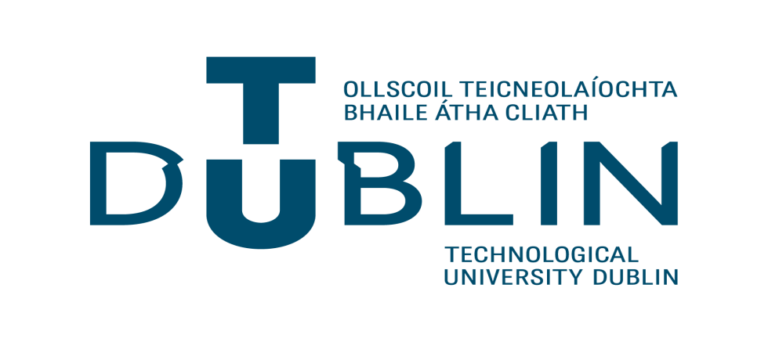The restaurant and catering industries have been negatively affected by the restrictions put in place to manage COVID-19, requiring new guidance for food companies on how to demonstrate that effective controls are in place to mitigate risks associated with COVID-19. A new EU project called SAFELIVERY, funded by the COVID-19 Rapid Response Call for Innovation, will address safety gaps in food delivery services. The project will provide ready to use solutions and will revise the Hazard Analysis and Critical Control Point (HACCP) scheme to better suit the food delivery and catering sectors ensuring that human factors and equipment risks associated with deliveries are included.
SAFELIVERY has received funding of over €545,000 from Europe’s leading food innovation initiative – EIT Food. It is coordinated by the University of Bologna working with Tecnoalimenti S.C.p.A, Technological University Dublin, Queen’s University Belfast and Italian SME Aria. The Online Food Delivery segment in the EU has projected revenues amounting to over €19,000m in 2020, and the market is expected to show an annual growth rate of 8.2% by 2024. However, it is important to address some concerns raised for consumers as a result of the impact of the current situation.
Dr Maria Chiara Leva, Dissemination Manager for SAFELIVERY at TU Dublin, says that the Tecnoalimenti was the initiator of this team effort thanks to their patent for an anti-tampering box and seal system for food deliveries. “From then on, the proposal took its first steps, thanks to the University of Bologna’s coordination, which widened the scope to include other food services and ready-to-eat foods. The project now aims to develop protocols to reduce the risk of food surfaces and packaging contamination by microorganisms such as bacteria and viruses.”
Continuing Dr Maria Chiara Leva, said, “SAFELIVERY alongside the anti-tampering seals’ system, will also provide enhanced HACCP protocols to manage and control risks concerning potential human factors and delivery conditions. At the same time, an enhanced training package will be created for food handlers and deliverers. The solutions are aimed at providing quality assurance for consumer food deliveries, in addition to collecting information on food and diet choices during and after the pandemic, that has led to more catering and food delivery operators using digital and web applications.”
As part of the EIT’s Crisis Response Initiative, this activity directly contributes to the European Union’s response to the COVID19 pandemic. Under the leadership of EIT, EIT Food and its other Knowledge Innovation Communities (KICs) have deployed these COVID19 Response Calls at an unprecedented speed, ensuring that industries across Europe are being supported in their time of need.


